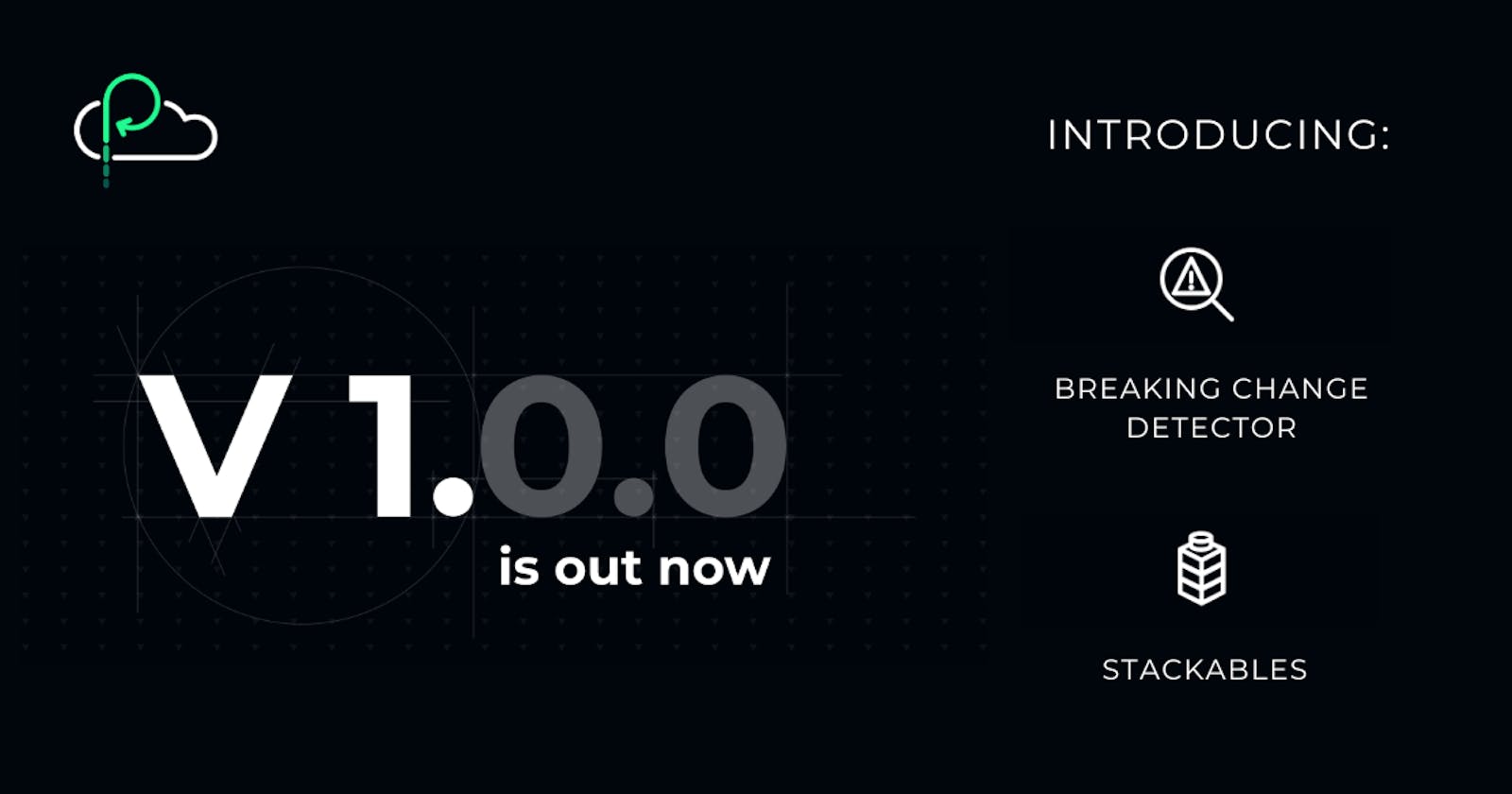Platformatic Unveils Enterprise Features to Minimize Breaking Changes and Development Repetition
Platformatic, the innovative backend development platform, has announced two groundbreaking features to empower development teams to streamline their enterprise development processes, reduce deployment risks, and accelerate application development.
The repetitive and onerous task of building, extending and operating modern backend platform infrastructure at scale for microservices-based architectures requires significant investments of resources and efforts across enterprise teams, taking developers away from the work needed to build the applications that customers love. The platform engineering teams that oversee the web of APIs underpinning modern distributed software are overwhelmed by expectations to build more and faster, without breaking the underlying foundation or being forced to rearchitect applications.
With its new enterprise toolkit including a breaking change detector and stackable templates for modern backends, Platformatic solves these issues once and for all.
A Quantum Leap in Microservices Management
Microservices architecture has become increasingly popular among enterprises, offering flexibility and scalability. However, managing the complexity of changes in a distributed microservices environment has been a challenge for many of the 81% of organizations that employ this architecture model.
Today, Platformatic launches its Breaking Change Detector, a tool geared at providing clarity on how changes impact the public API level and teams involved. By mapping dependencies and interactions, it assesses potential risks associated with code deployments.
Matteo Collina, CTO of Platformatic, explains, "Our Breaking Change Detector addresses the challenges of managing microservices by offering a systematic approach to assessing and managing risks. It provides the confidence developers need to push code faster without compromising quality."
The Future of Fastify and Node.js Development
With today’s introduction of Platformatic Stackables, developers can now build their base applications quickly and effortlessly. Stackables offer pre-configured templates that eliminate time-consuming foundational infrastructure work, allowing development teams to focus on creating innovative features.
Stackables also centralize framework management, ensuring standardized and consistent development across large enterprises. This innovative approach reduces maintenance costs and accelerates development, providing a significant advantage in today's competitive landscape.
Luca Maraschi, CEO of Platformatic, remarks, “Using Stackables allows you to avoid building a monolith, instead providing the building blocks and practices you need to create a modular system that can be assembled in a myriad of combinations, across your organization. With Stackables, you can create an internal Open Source community, simplifying the distribution of templates and assets across dispersed teams.”
Terri Phipps, co-founder and CEO of ride-sharing app WIlma, said "Platformatic has been a game-changer for Wilma as we continue to build our application. Not only does it accelerate our product's time-to-market by eliminating lengthy foundational infrastructure tasks, but it also provides our team with the confidence to ship faster without compromising quality by having backend best-practices already embedded.”
Platformatic V1.0.0, including the Risk Engine and Stackables, is available today, ushering in a new era of backend development. Learn more here.
About Platformatic:
Platformatic is a leading backend development solutions provider, dedicated to simplifying and accelerating the creation of APIs for modern digital experiences. Founded by Matteo Collina, a core Node.js maintainer and creator of Fastify, along with Luca Maraschi, Platformatic is trusted by enterprises worldwide to optimize backend development processes. The company is funded by Decibel, Panache Ventures, and notable angels from the open-source and developer communities.

